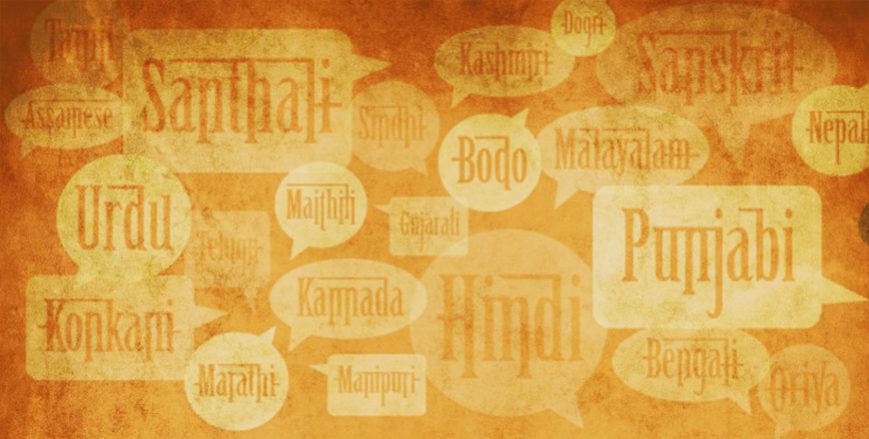About This Course
This course discusses the knowledge traditions of India and how India has always been a knowledge society. It discusses what the place of India is in the knowledge traditions of the world; how India is an oral tradition unlike most other knowledge traditions of the world; how India is a continuous, comprehensive, cumulative knowledge tradition; and how India exported knowledge to various parts of the world throughout its history.
The course discusses in five detailed chapters with illustrative examples and powerful argumentation: the knowledge traditions of the world, chiefly Hebraic and Indian; the linguistic traditions of Greece, Rome and India; how Sanskrit influenced the linguistic traditions of the West; the linguistic tradition of India, its domains of knowledge; the nature and conception of language; and the conception of knowledge in an oral and a written culture.
Important note: This is a self paced course. Here, you can access the videos as per your convenience, from anywhere, any time. No regular live sessions by the instructor will be happening that you have to attend in allotted time and date.
What You’ll Learn
- You will learn about India’s own knowledge tradition and how it is one of the two primary types of knowledge traditions in India, the other being the Hebraic tradition which is fundamentally different from the Indian tradition. You will learn about the classical traditions of Greece and Rome and how the Sanskrit intervention in the modern age fundamentally altered the knowledge tradition of the West.
- You will learn how the Indian knowledge tradition is continuous, cumulative and comprehensive. You will learn about the Vidya Sthanas, the domains of knowledge in India; what are the categories of Shastra and Kavya etc.
- You will learn about the classification of the vast Indian literature, the nature of language and how Kavya has been the vehicle of Shastra in India.
- Most importantly you will learn how India is an oral culture, an oral tradition and how it has preserved its knowledge tradition over thousands of years of its existence.
- You will learn about the various levels of language, the concept of the Self in our linguistic tradition. You will learn how language was not just a medium of conveying knowledge but was itself treated as a primary science.





